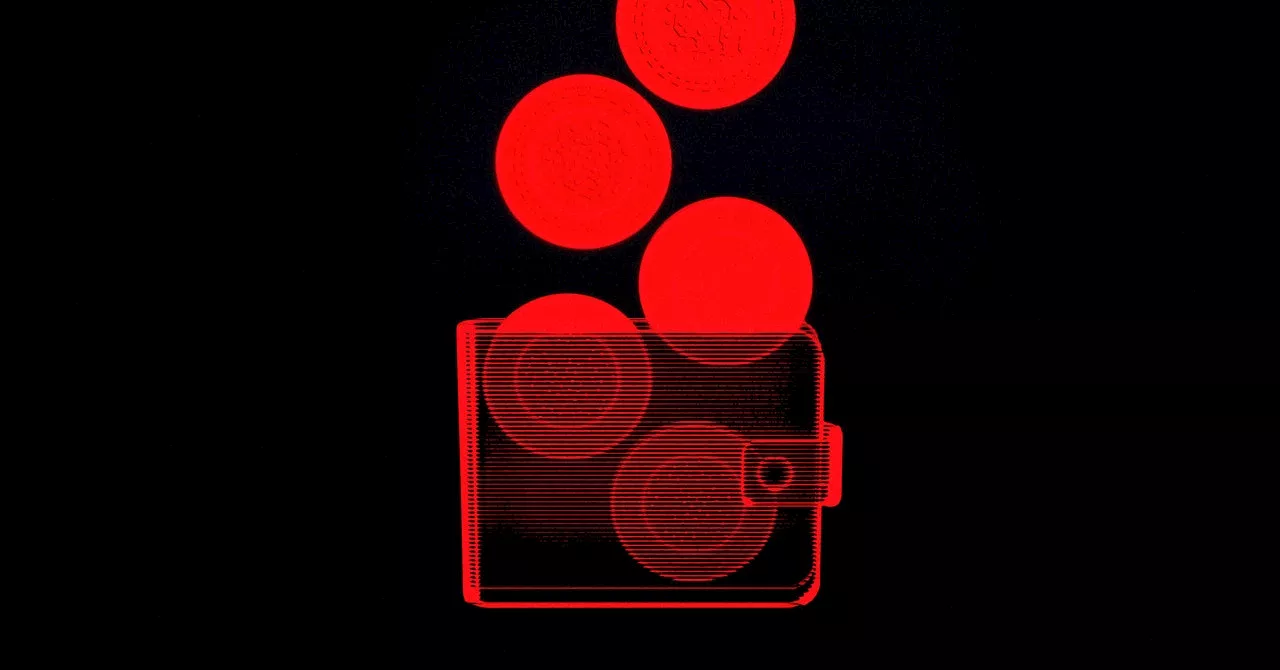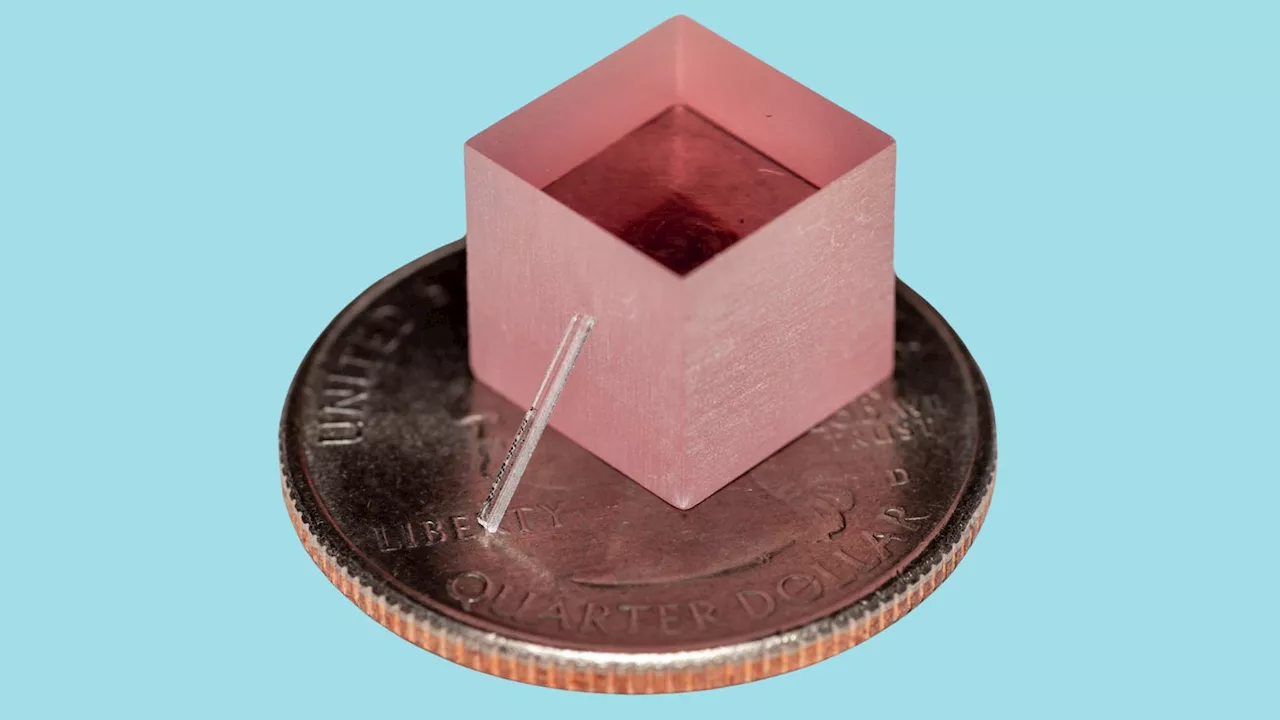Researchers have developed a groundbreaking Ti:sapphire laser on a chip, making it smaller, cheaper, and more efficient than ever before.
Researchers have achieved a potentially groundbreaking innovation in laser technology by developing a titanium-sapphire laser on a chip. This new prototype is dramatically smaller, more efficient, and less expensive than its predecessors, marking a significant leap forward with a technology that has broad applications in industry, medicine, and beyond.
The new chip-scale Ti:sapphire laser, developed by a team led by Jelena Vučković, a professor of electrical engineering at Stanford University, addresses these limitations. Published in the journal. “Instead of one large and expensive laser, any lab might soon have hundreds of these valuable lasers on a single chip. And you can fuel it all with a green laser pointer.”Joshua Yang, a doctoral candidate and co-first author of the study, highlighted the transformative potential of this innovation.
Laser Medical Technology Ti:Sapphire
South Africa Latest News, South Africa Headlines
Similar News:You can also read news stories similar to this one that we have collected from other news sources.
 New breed of killer hornet spreading in the US as researchers rush to protect honeybee coloniesThe outbreak of an invasive hornet in North America has farmers and beekeepers scrambling to combat this fast-growing threat.
New breed of killer hornet spreading in the US as researchers rush to protect honeybee coloniesThe outbreak of an invasive hornet in North America has farmers and beekeepers scrambling to combat this fast-growing threat.
Read more »
 Researchers want Hollywood to properly showcase climate crisisA vast majority of Hollywood films fail the 'climate reality check,' a new study reveals, demanding producers, studios, screenwriters and directors do better.
Researchers want Hollywood to properly showcase climate crisisA vast majority of Hollywood films fail the 'climate reality check,' a new study reveals, demanding producers, studios, screenwriters and directors do better.
Read more »
 How Researchers Cracked an 11-Year-Old Password to a $3 Million Crypto WalletThanks to a flaw in a decade-old version of the RoboForm password manager and a bit of luck, researchers were able to unearth the password to a crypto wallet containing a fortune.
How Researchers Cracked an 11-Year-Old Password to a $3 Million Crypto WalletThanks to a flaw in a decade-old version of the RoboForm password manager and a bit of luck, researchers were able to unearth the password to a crypto wallet containing a fortune.
Read more »
 Researchers point powerful ultrasound technology at the next frontier — addictionThe use of the high-frequency sound waves also is being adapted to treat Alzheimer’s disease, tumors and psychiatric disorders
Researchers point powerful ultrasound technology at the next frontier — addictionThe use of the high-frequency sound waves also is being adapted to treat Alzheimer’s disease, tumors and psychiatric disorders
Read more »
 Researchers develop high-performance blue organic LEDs based on thermally activated delayed fluorescence materialOrganic light-emitting diodes (OLEDs) have become a leading display technology. The luminescent material is a core component of OLEDs. Thermally activated delayed fluorescence (TADF) materials have emerged as promising emitters for achieving high-efficiency OLEDs.
Researchers develop high-performance blue organic LEDs based on thermally activated delayed fluorescence materialOrganic light-emitting diodes (OLEDs) have become a leading display technology. The luminescent material is a core component of OLEDs. Thermally activated delayed fluorescence (TADF) materials have emerged as promising emitters for achieving high-efficiency OLEDs.
Read more »
 Researchers create the world's strongest ionizing terahertz radiationTerahertz waves, known as non-ionizing radiation, can turn into ionization radiation when sufficiently many terahertz photons are focused in space and time. A team led by scientists in Korea and the U.S. has created the world's most intense terahertz pulses that can instantaneously ionize atoms and molecules and convert them into plasma.
Researchers create the world's strongest ionizing terahertz radiationTerahertz waves, known as non-ionizing radiation, can turn into ionization radiation when sufficiently many terahertz photons are focused in space and time. A team led by scientists in Korea and the U.S. has created the world's most intense terahertz pulses that can instantaneously ionize atoms and molecules and convert them into plasma.
Read more »
